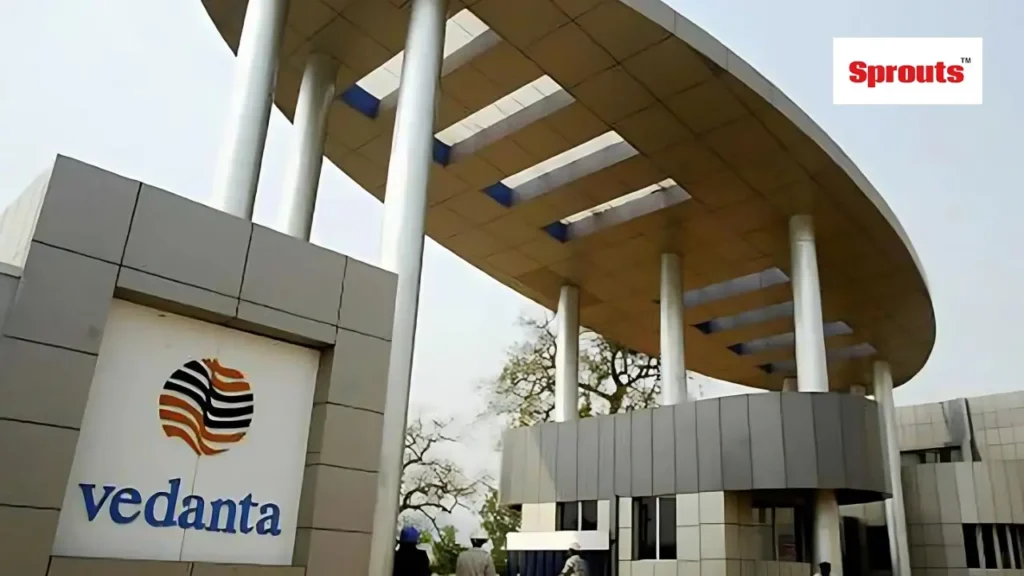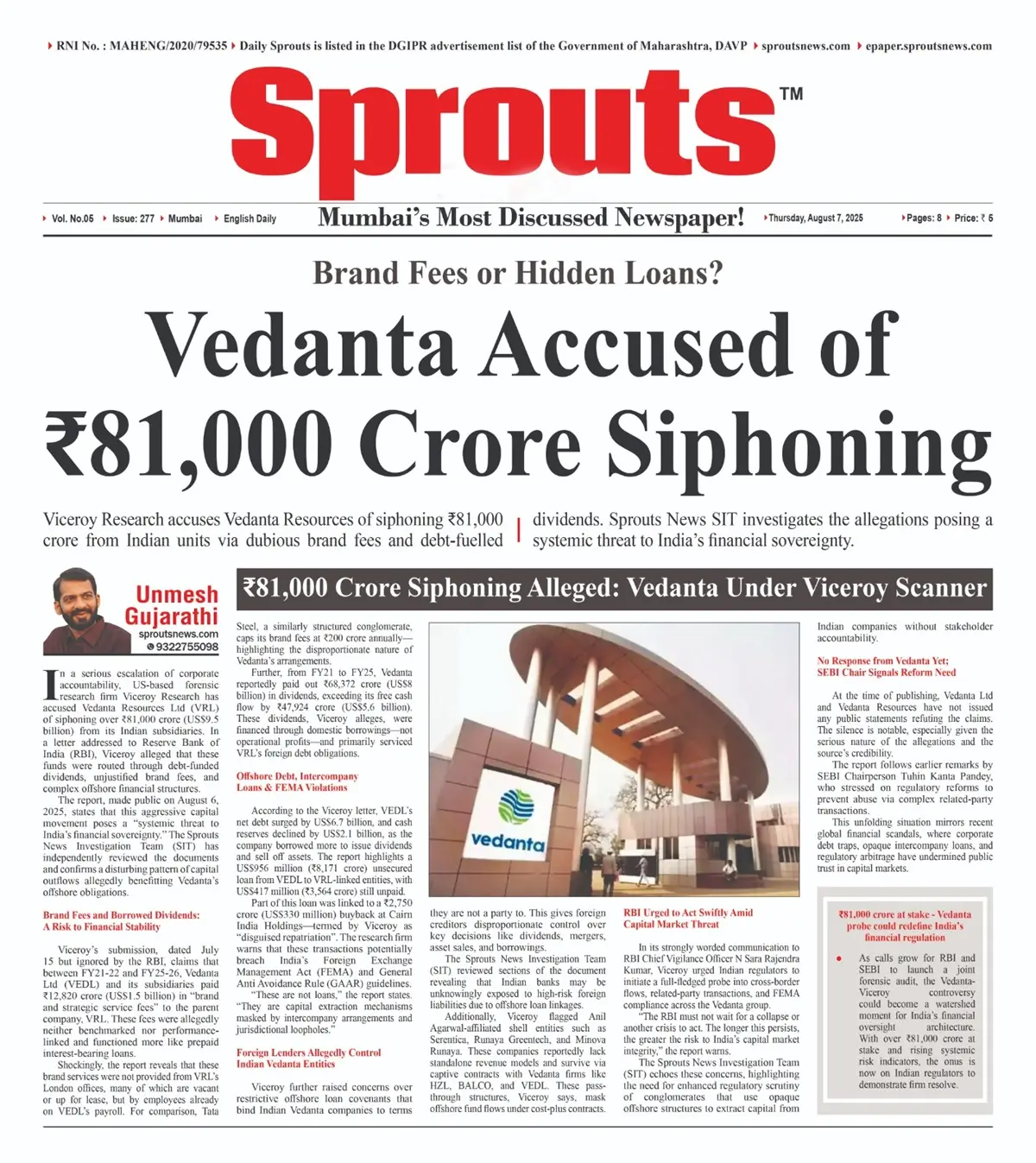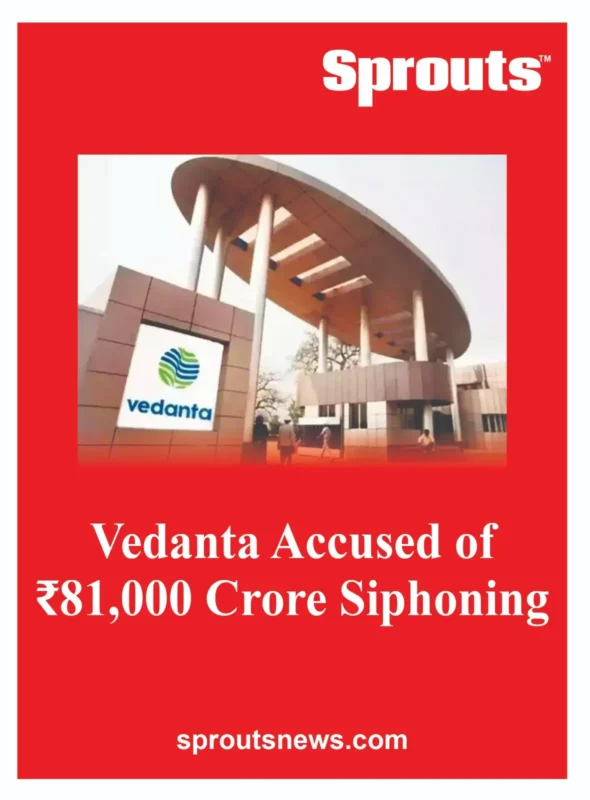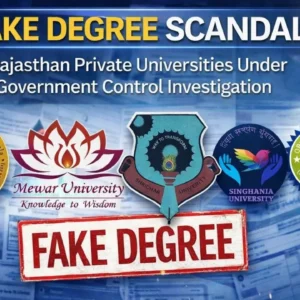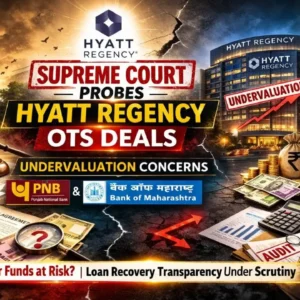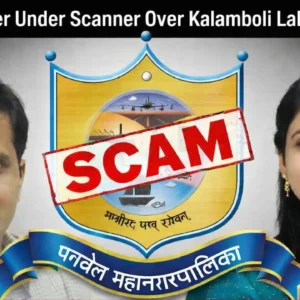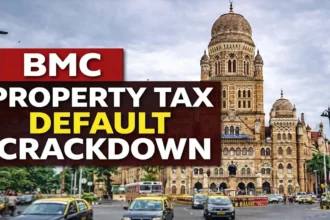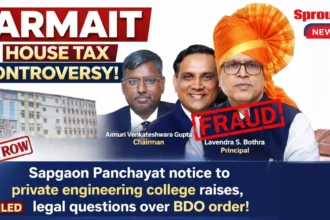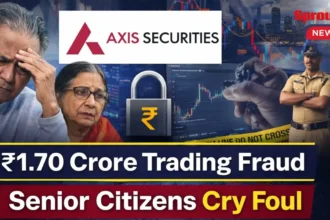Vedanta Accused of ₹81,000 Crore Siphoning
• Brand Fees or Hidden Loans?
Unmesh Gujarathi
Sprouts News Exclusive
Contact: +91 9322755098
- Vedanta Accused of ₹81,000 Crore Siphoning
- ₹81,000 Crore Siphoning Alleged: Vedanta Under Viceroy Scanner
- Brand Fees and Borrowed Dividends: A Risk to Financial Stability
- Offshore Debt, Intercompany Loans & FEMA Violations
- Foreign Lenders Allegedly Control Indian Vedanta Entities
- RBI Urged to Act Swiftly Amid Capital Market Threat
- No Response from Vedanta Yet; SEBI Chair Signals Reform Need
- ₹81,000 crore at stake — Vedanta probe could redefine India’s financial regulation.
Viceroy Research accuses Vedanta Resources of siphoning ₹81,000 crore from Indian units via dubious brand fees and debt-fuelled dividends. Sprouts News SIT investigates the allegations posing a systemic threat to India’s financial sovereignty.
₹81,000 Crore Siphoning Alleged: Vedanta Under Viceroy Scanner
In a serious escalation of corporate accountability, US-based forensic research firm Viceroy Research has accused Vedanta Resources Ltd (VRL) of siphoning over ₹81,000 crore (US$9.5 billion) from its Indian subsidiaries. In a letter addressed to Reserve Bank of India (RBI), Viceroy alleged that these funds were routed through debt-funded dividends, unjustified brand fees, and complex offshore financial structures.
The report, made public on August 6, 2025, states that this aggressive capital movement poses a “systemic threat to India’s financial sovereignty.” The Sprouts News Investigation Team (SIT) has independently reviewed the documents and confirms a disturbing pattern of capital outflows allegedly benefitting Vedanta’s offshore obligations.
Click Here To Download the News Attachment
Brand Fees and Borrowed Dividends: A Risk to Financial Stability
Viceroy’s submission, dated July 15 but ignored by the RBI, claims that between FY21-22 and FY25-26, Vedanta Ltd (VEDL) and its subsidiaries paid ₹12,820 crore (US$1.5 billion) in “brand and strategic service fees” to the parent company, VRL. These fees were allegedly neither benchmarked nor performance-linked and functioned more like prepaid interest-bearing loans.
Shockingly, the report reveals that these brand services were not provided from VRL’s London offices, many of which are vacant or up for lease, but by employees already on VEDL’s payroll. For comparison, Tata Steel, a similarly structured conglomerate, caps its brand fees at ₹200 crore annually—highlighting the disproportionate nature of Vedanta’s arrangements.
Further, from FY21 to FY25, Vedanta reportedly paid out ₹68,372 crore (US$8 billion) in dividends, exceeding its free cash flow by ₹47,924 crore (US$5.6 billion). These dividends, Viceroy alleges, were financed through domestic borrowings—not operational profits—and primarily serviced VRL’s foreign debt obligations.
Offshore Debt, Intercompany Loans & FEMA Violations
According to the Viceroy letter, VEDL’s net debt surged by US$6.7 billion, and cash reserves declined by US$2.1 billion, as the company borrowed more to issue dividends and sell off assets. The report highlights a US$956 million (₹8,171 crore) unsecured loan from VEDL to VRL-linked entities, with US$417 million (₹3,564 crore) still unpaid.
Part of this loan was linked to a ₹2,750 crore (US$330 million) buyback at Cairn India Holdings—termed by Viceroy as “disguised repatriation”. The research firm warns that these transactions potentially breach India’s Foreign Exchange Management Act (FEMA) and General Anti Avoidance Rule (GAAR) guidelines.
“These are not loans,” the report states. “They are capital extraction mechanisms masked by intercompany arrangements and jurisdictional loopholes.”
Foreign Lenders Allegedly Control Indian Vedanta Entities
Viceroy further raised concerns over restrictive offshore loan covenants that bind Indian Vedanta companies to terms they are not a party to. This gives foreign creditors disproportionate control over key decisions like dividends, mergers, asset sales, and borrowings.
The Sprouts News Investigation Team (SIT) reviewed sections of the document revealing that Indian banks may be unknowingly exposed to high-risk foreign liabilities due to offshore loan linkages.
Additionally, Viceroy flagged Anil Agarwal-affiliated shell entities such as Serentica, Runaya Greentech, and Minova Runaya. These companies reportedly lack standalone revenue models and survive via captive contracts with Vedanta firms like HZL, BALCO, and VEDL. These pass-through structures, Viceroy says, mask offshore fund flows under cost-plus contracts.
RBI Urged to Act Swiftly Amid Capital Market Threat
In its strongly worded communication to RBI Chief Vigilance Officer N Sara Rajendra Kumar, Viceroy urged Indian regulators to initiate a full-fledged probe into cross-border flows, related-party transactions, and FEMA compliance across the Vedanta group.
“The RBI must not wait for a collapse or another crisis to act. The longer this persists, the greater the risk to India’s capital market integrity,” the report warns.
The Sprouts News Investigation Team (SIT) echoes these concerns, highlighting the need for enhanced regulatory scrutiny of conglomerates that use opaque offshore structures to extract capital from Indian companies without stakeholder accountability.
Also Read: Contaminated Water Poisons Mumbai’s ₹8 Crore Kanakia Paris Luxury Flats.
No Response from Vedanta Yet; SEBI Chair Signals Reform Need
At the time of publishing, Vedanta Ltd and Vedanta Resources have not issued any public statements refuting the claims. The silence is notable, especially given the serious nature of the allegations and the source’s credibility.
The report follows earlier remarks by SEBI Chairperson Tuhin Kanta Pandey, who stressed on regulatory reforms to prevent abuse via complex related-party transactions.
This unfolding situation mirrors recent global financial scandals, where corporate debt traps, opaque intercompany loans, and regulatory arbitrage have undermined public trust in capital markets.
₹81,000 crore at stake — Vedanta probe could redefine India’s financial regulation.
As calls grow for RBI and SEBI to launch a joint forensic audit, the Vedanta-Viceroy controversy could become a watershed moment for India’s financial oversight architecture. With over ₹81,000 crore at stake and rising systemic risk indicators, the onus is now on Indian regulators to demonstrate firm resolve.


